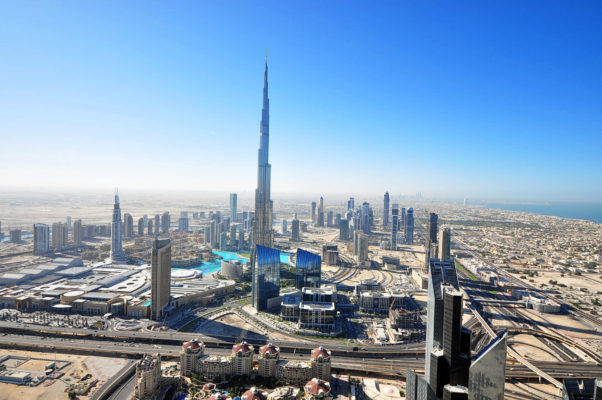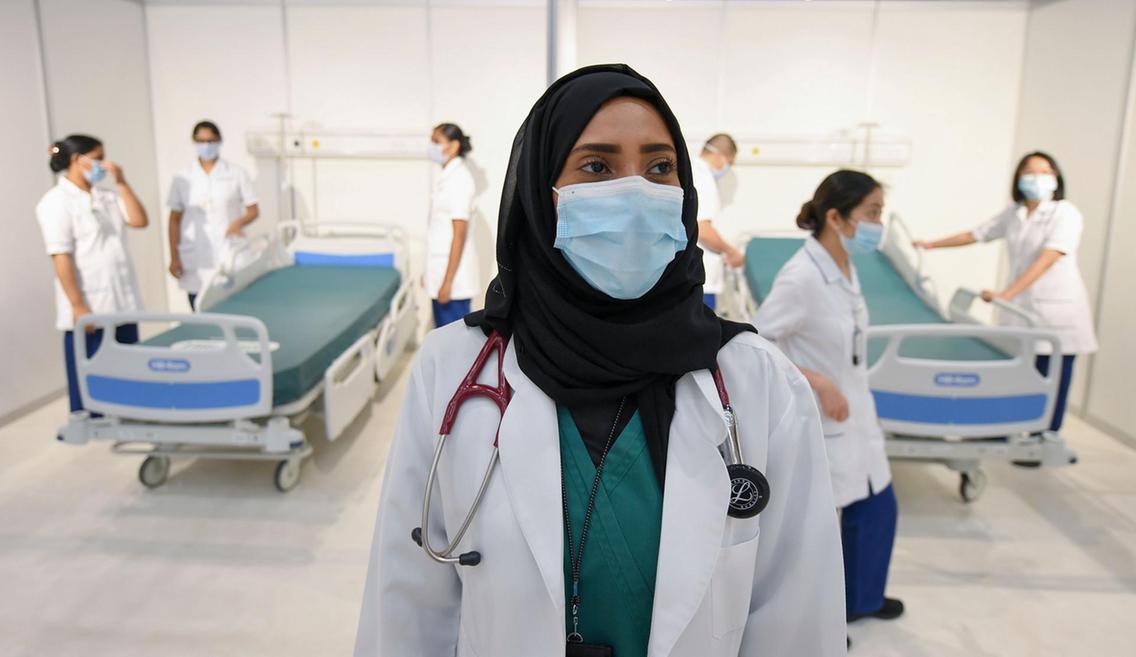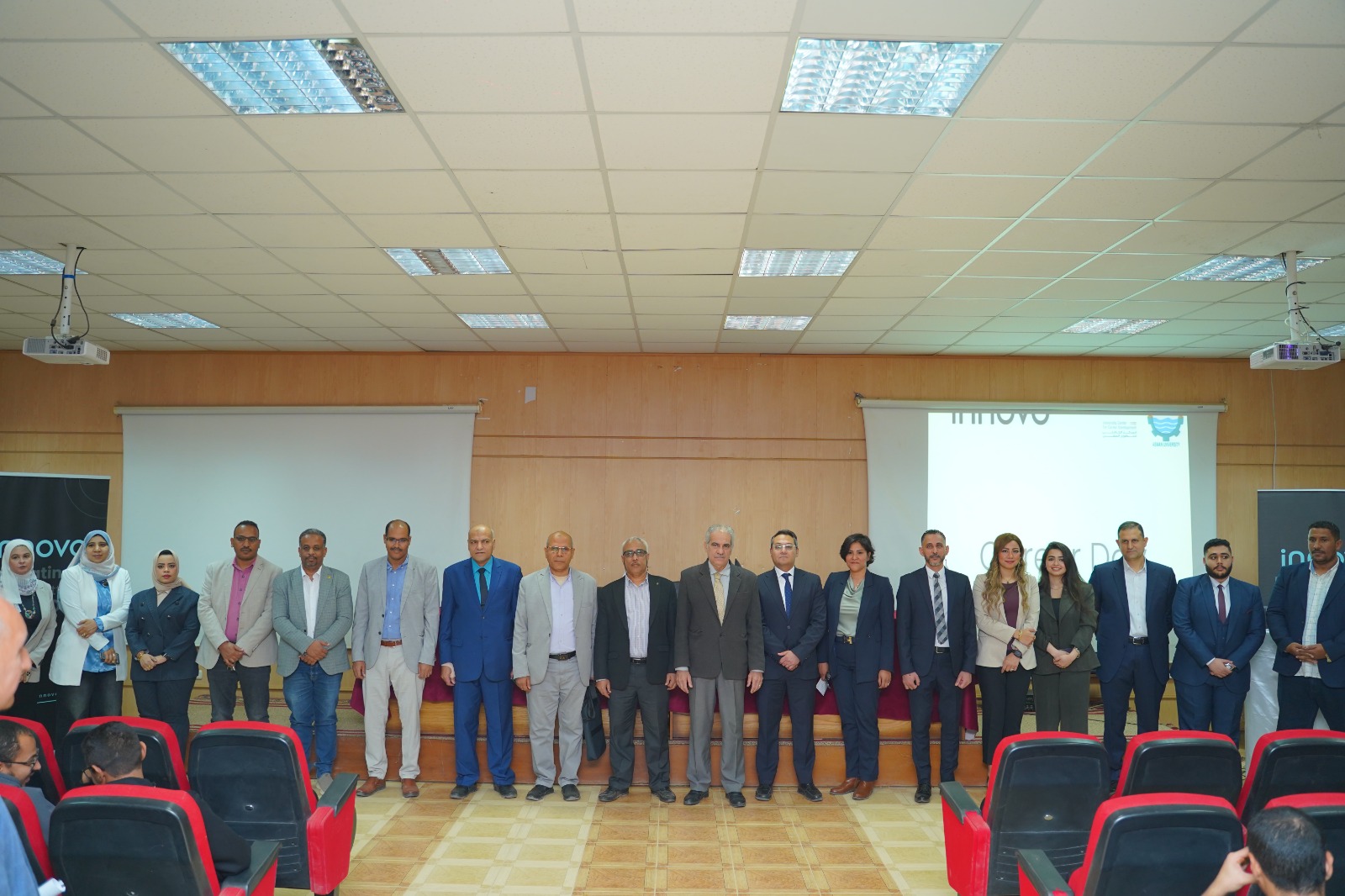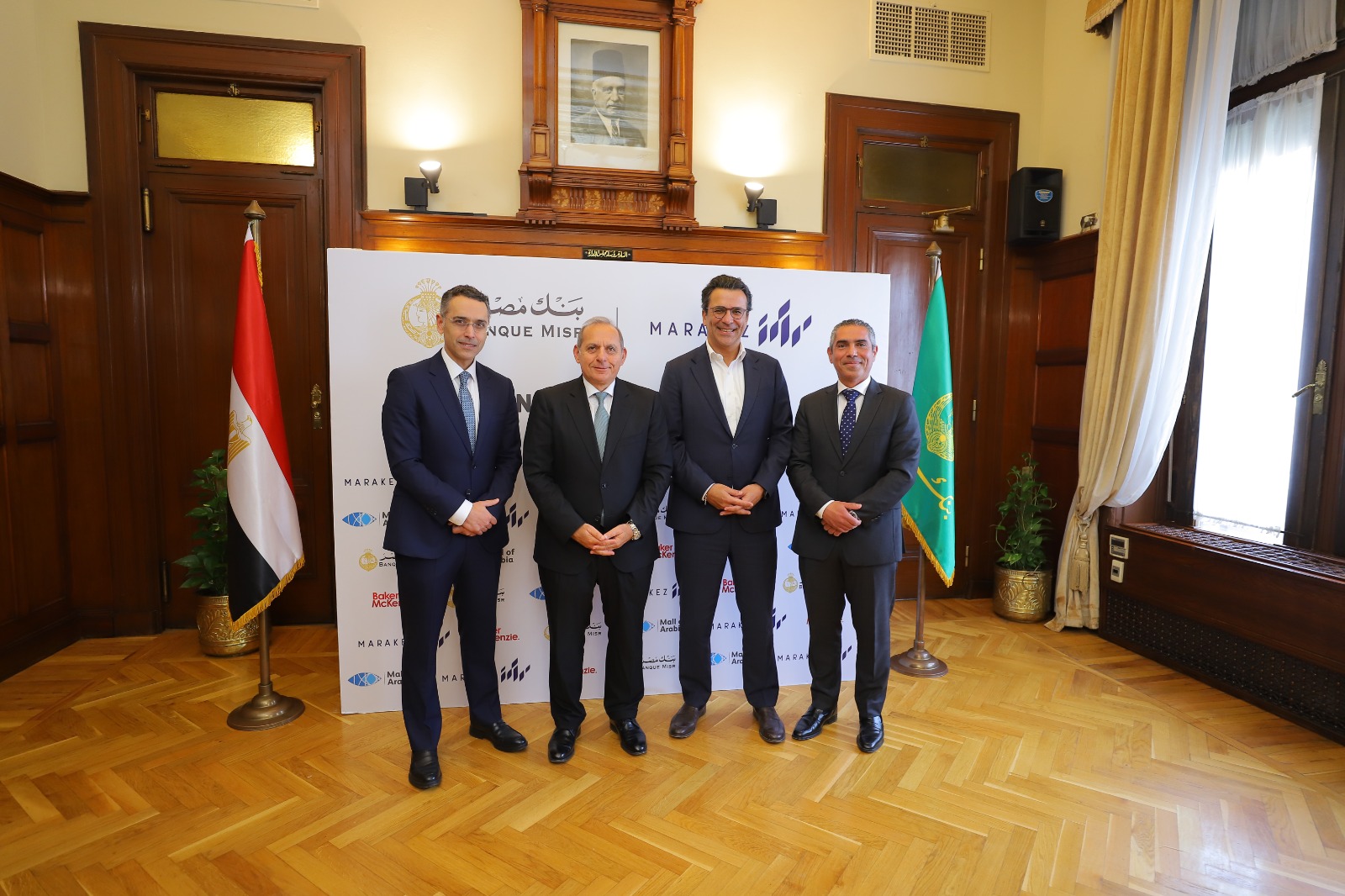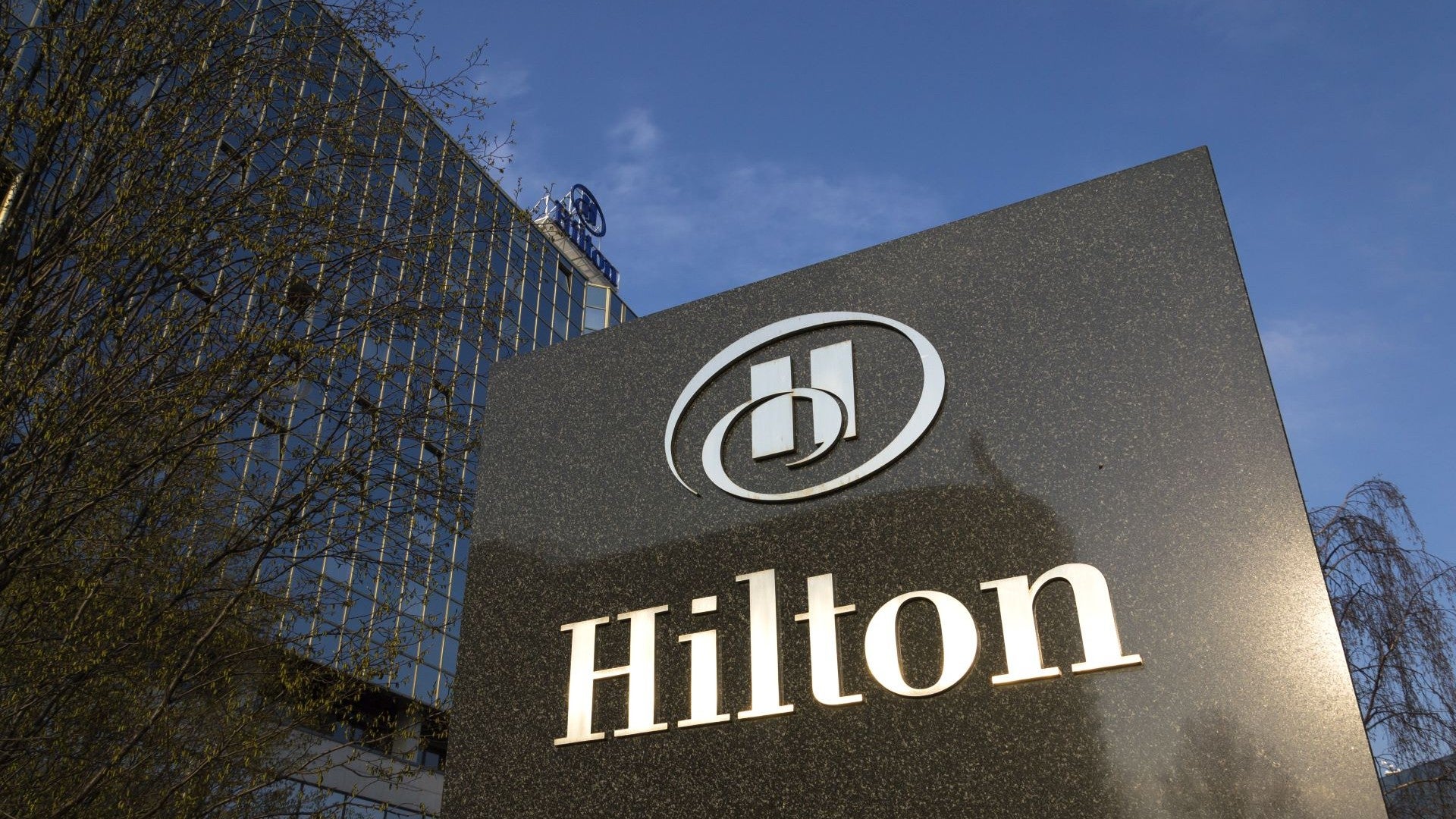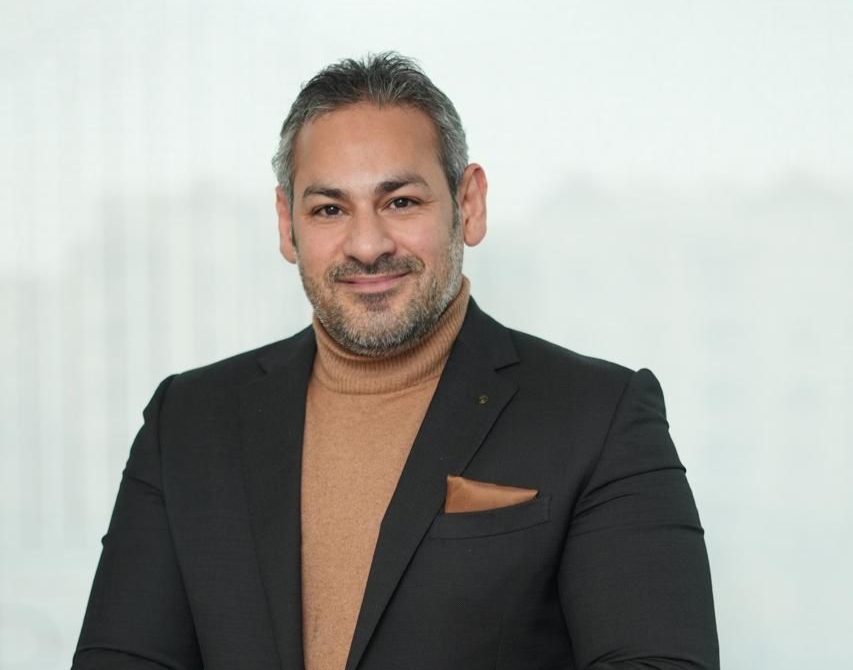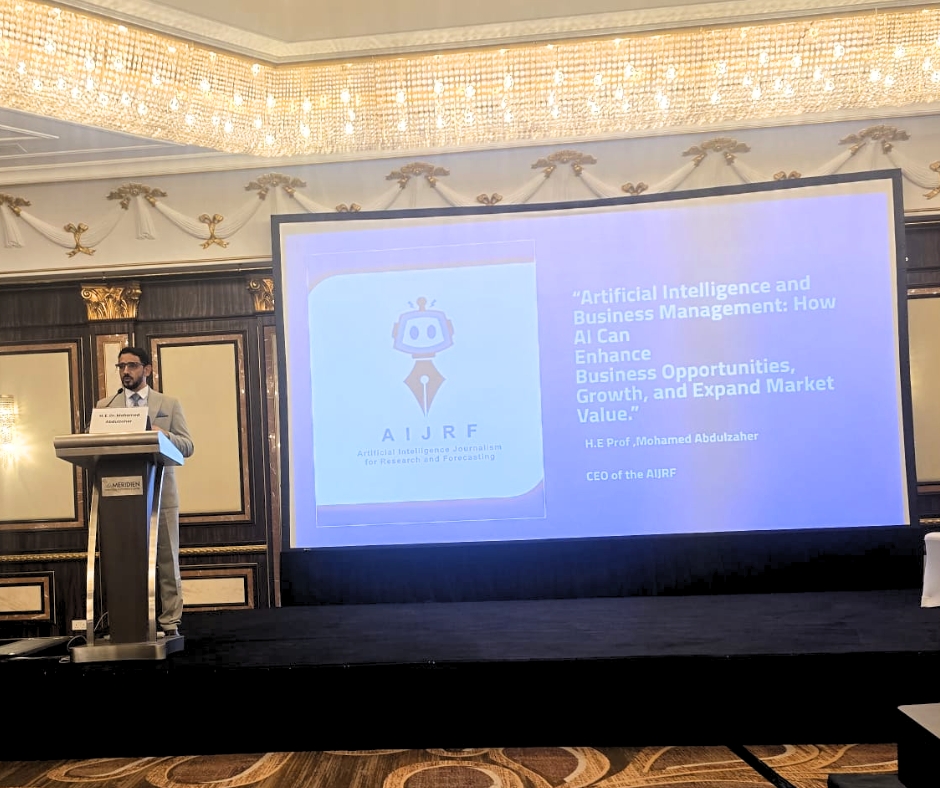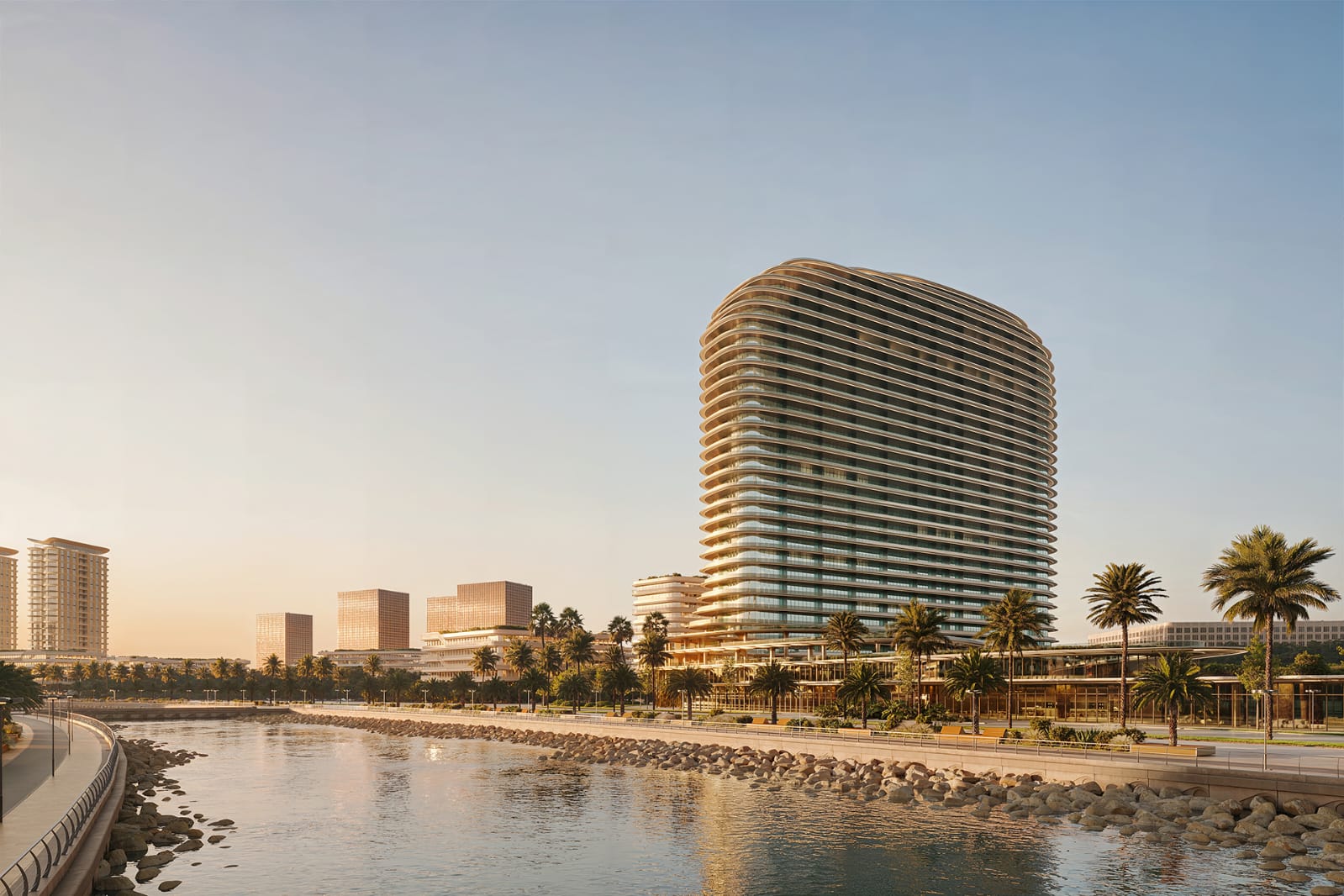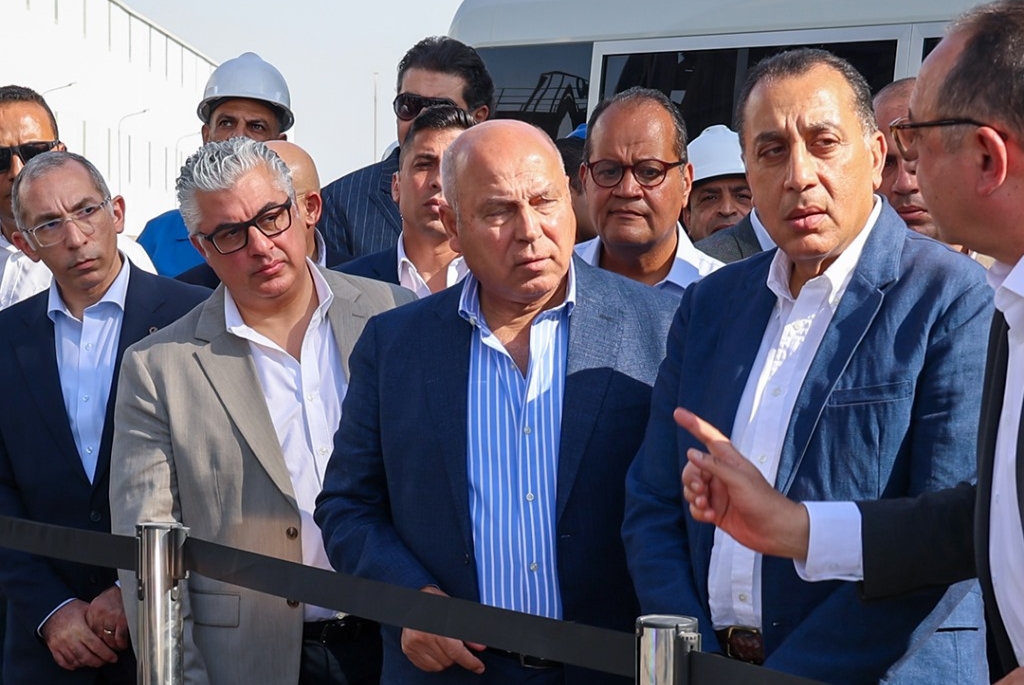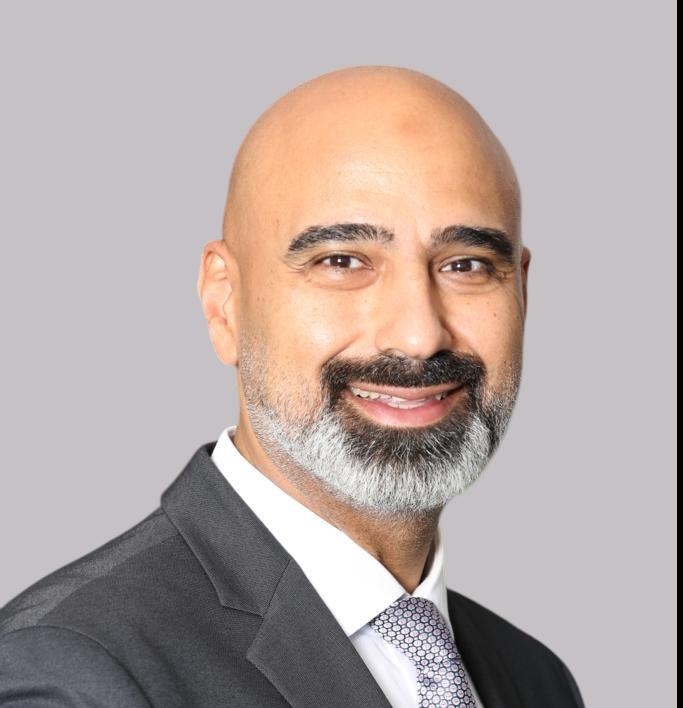Dubai – Masaader News
Dubai’s non-oil foreign trade in 2017 grew AED26 billion to reach AED1.302 trillion compared to AED1.276 trillion in 2016, cementing Dubai’s position as the global hub for trade despite the challenges faced by the global economy.
Dubai’s re-exports grew 9% in 2017 to AED360 billion, while Dubai’s imports reached AED798 billion and exports totalled AED144 billion. Dubai’s foreign free zone trade grew 5% to AED434 billion, while direct trade touched AED 829 billion and customs warehouse trade reached AED39 billion.
Commenting on the results, Crown Prince of Dubai and Chairman of the Dubai Executive Council, His Highness Sheikh Hamdan bin Mohammed bin Rashid Al Maktoum praised the growth of Dubai’s non-oil trade in 2017. Dubai’s competitiveness, he said, plays a key role in attracting investments from around the world, which seek to take advantage of Dubai’s position as a regional and international trading hub. His Highness further said that enhanced competitiveness supports the effort to ensure the national economy achieves the top ranking in various global competitiveness indices in line with the guidelines of UAE President HH Sheikh Khalifa bin Zayed Al Nahyan, and the vision of Vice President and Prime Minister of the UAE and Ruler of Dubai HH Sheikh Mohammed bin Rashid Al Maktoum.
“Trade is one of the key sectors that drives Dubai’s growth as a major global trading hub, which is supported by the emirate’s long heritage of being a gateway for global trade. The current growth of its non-oil foreign trade is an indication that we are on the right path of revenue diversification,” Sheikh Hamdan said. “Dubai’s external trade growth reflects global economic trends, especially in the areas of communication and information technology. This is driven by the national economy’s focus on innovation and creativity, and our leadership in adopting artificial intelligence technologies in various sectors. There is no doubt that Expo 2020 will showcase our unique economic experience and our ability to establish global leadership across sectors,” His Highness said.
His Excellency Sultan Ahmed bin Sulayem, Group Chairman of DP World and CEO and Chairman of Ports, Customs and Free Zone Corporation (PCFC), said that the exceptional performance of the foreign trade sector has been driven by Dubai’s advanced infrastructure, created as a result of the economic vision of HH Sheikh Mohammed bin Rashid Al Maktoum, and his directives to continuously develop ports, airports and free zones and customs services to provide exceptional services and facilities for investors. “The services provided by Dubai Customs for traders and investors add significant value to their investments. The Authorized Economic Operator (AEO) programme, which we developed and launched under the umbrella of the UAE’s federal customs further enhances our offerings and services for investors and traders, and helps them further enhance their revenues,” Bin Sulayem said.
“Customs clearance conducted through AEO accounted for 23% of the total clearance of Dubai Customs in 2017. This is expected to reach 50% in 2020. Dubai Customs also launched the ‘Smart Refund System’, which allows customers to refund their customs deposits through a smart solution that reduces time and costs, eliminates errors, mitigates fraud, improves service compliance and increases customer satisfaction.
Meanwhile, Dubai’s non-oil foreign trade conducted through land transportation grew 4.1% to reach AED 241 billion in 2017, while sea trade grew 3.3% to AED 467 billion and air trade reached AED 594 billion.
China maintained its position as Dubai’s biggest trading partner in 2017 with AED 176 billion worth of trade or 13.6% of the total value, followed by India with AED 99 billion representing 7.6% of Dubai’s total non-oil foreign trade. The USA came third with a total of AED 85 billion or 6.5% of Dubai’s total trade.
Saudi Arabia is Dubai’s leading business partner among GCC and Arab countries, and its fourth biggest trading partner, with trade worth AED 58 billion, representing 4.5% of Dubai’s total trade with the world.
Mobile phones topped the list of high-value commodities in Dubai’s foreign trade in 2017, with AED 174 billion. This supports Dubai’s transformation into the world’s smartest city and its growth as a major regional and global trading hub for ICT products.
Next on the list was gold with AED 159 billion, followed by diamonds at AED 105 billion. Vehicles came fourth at AED 70 billion.

